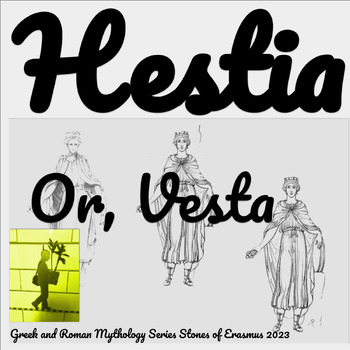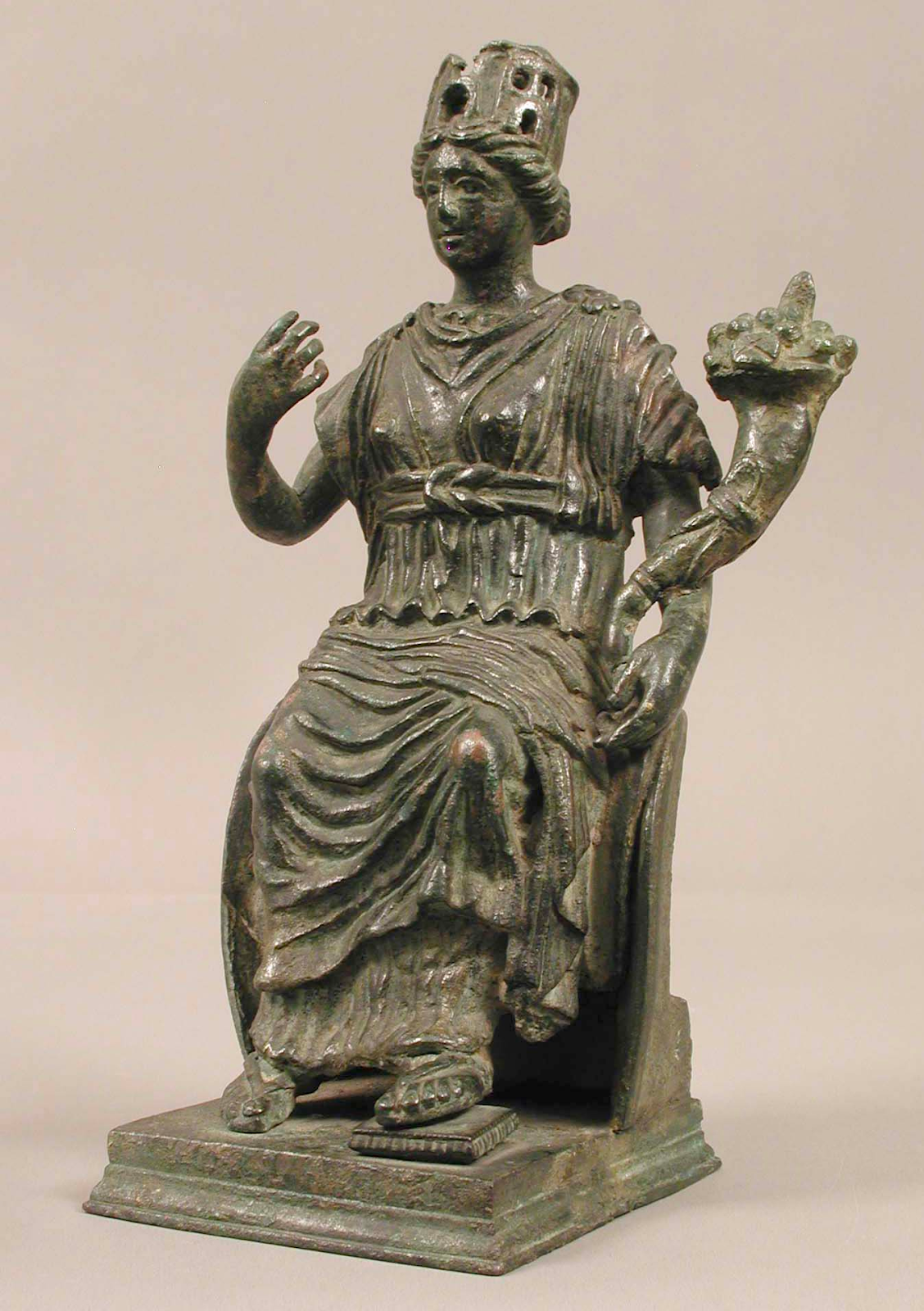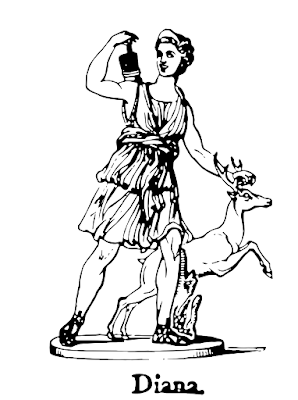A flame flickered persistently in ancient Rome at the heart of the city. This was no ordinary fire but the sacred flame of the goddess Vesta, the Roman equivalent of Hestia, the Greek goddess of the hearth. Handpicked from Rome's noble families, six Vestal Virgins were tasked with a sacred duty — keeping the flame from going out. It was believed that the stability of Rome, its people, and its vast empire depended on this flame. So important was this duty that should a Vestal Virgin fail and the flame extinguished, she would be buried alive. Such was the reverence to Vesta, the humble goddess of the hearth.
Just as the Vestal Virgins were responsible for maintaining the sacred flame of Vesta, I believe it is our role as educators to keep the love of knowledge alive and burning brightly in our students' minds. With this ethos, I have created an educational resource that delves into the story of Hestia (or Vesta), offering a fascinating three-day lesson plan designed to fully engage students in exploring this remarkable goddess.
 |
| Hestia, or as the Romans know her, Vesta, is the Goddess of the Hearth Fire. |
A Pathway to Ancient Mythology
This resource, available as a digital download in PDF, Google Slides, and Easel Activity and Assessment formats begins with an overview of Hestia and her place within ancient mythology. The daughter of Titans Kronus and Rhea, and one of Zeus's siblings, Hestia was an original Olympian. Although not as well-known as some of her Olympian siblings, her significance, particularly to the Romans in the form of Vesta, is fascinating and illuminating.
With an extensive teacher three-day lesson calendar, complete with notes, this resource guides educators through an immersive exploration of Hestia and her role in ancient society. Reading cards focus on aspects of Hestia's life and influence, including her depiction in art and culture, her symbolization as the goddess of the hearth fire, and an intriguing look at the Vestal Virgins and their crucial role in Roman society.
 |
A Bronze Sculpture of Hestia Now
Housed in the Louvre Museum |
To ensure your students are making the most out of this resource, it includes a 22-count question bank for quick comprehension checks and a custom note-taking template to encourage accountability. To further help students fully engage with the subject matter, the resource offers Frayer Model Vocabulary Cards, helping students to think about vocabulary visually in a four-section square, encouraging a deep understanding of terms and concepts related to the story.
Extend the Learning Journey
I've included a further reading list, not just as a simple bibliography but as a way to encourage students to delve deeper into the subject. Assign different sources to students and organize presentations where learning can go deeper into the story. Answer keys are provided for all student-facing documents, giving teachers plenty of guidance on what to expect from students in their written and oral responses.
 |
Educational Digital Downloads from Stones of Erasmus are
Chock Full of Resources for the Middle and High School Classroom |
Designed for high school students and suitable for an English Language Arts Mythology unit, this resource can be used as a standalone lesson or paired with a larger unit on early Greek myths, primordial stories, or well-known literature such as Percy Jackson and the Lightning Thief, Robert Graves's Greek Myths, Ovid's Metamorphoses, and Fasti, or Edith Hamilton's Mythology.Explore other Middle and High School Mythology Series lessons for more comprehensive mythology resources, such as Artemis (Or, Diana), Hades the God of the Underworld, Niobe and Her Children, and the highly popular Plato's Cave lesson.
Join me in bringing ancient mythology to life in the classroom. Keep the flame of knowledge burning, just like the Vestal Virgins kept the flame of Vesta. Head over to my website, Stones of Erasmus, and explore the world of mythology through these captivating educational resources. © 2023 stonesoferasmus.com.
PDF Copy for Printing






